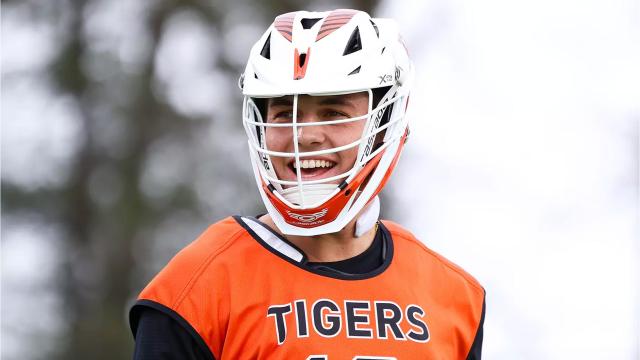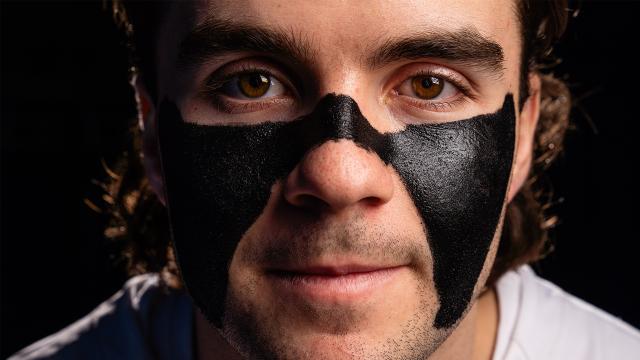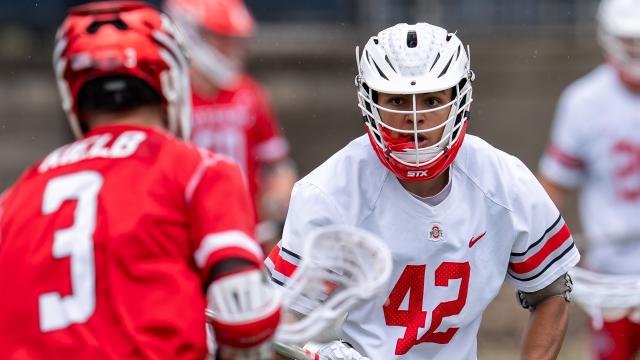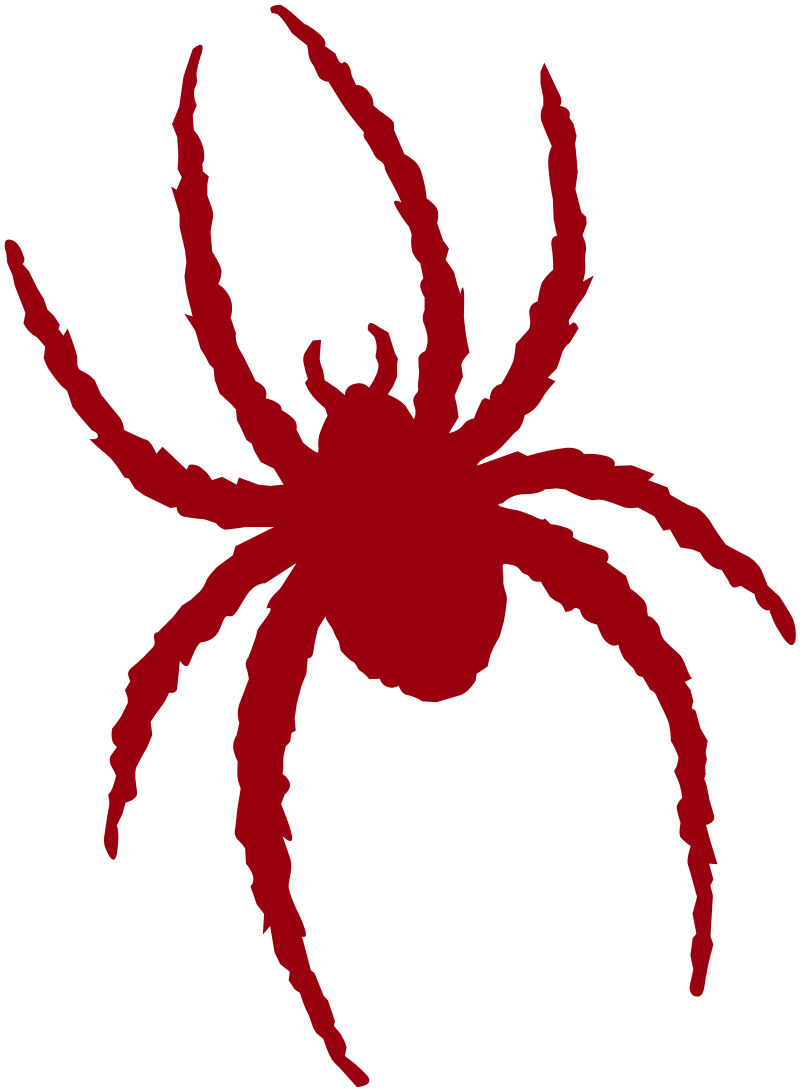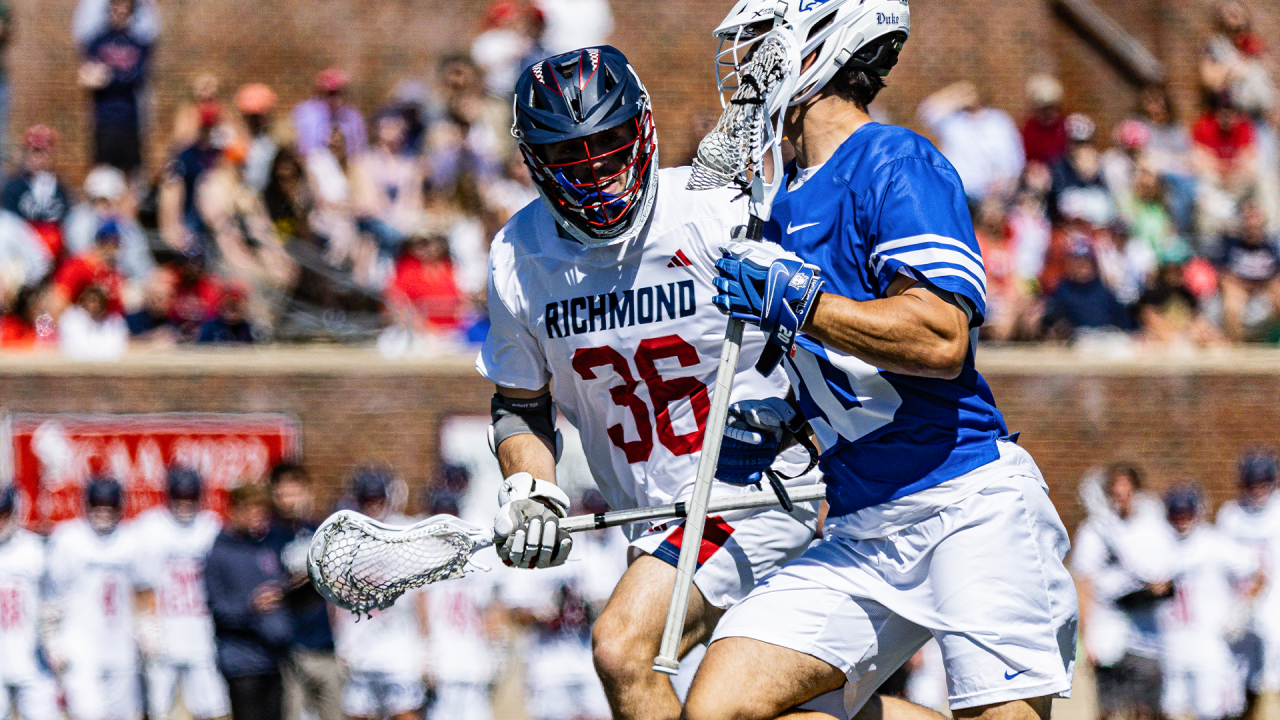
Richmond's Group of Shorties Nothing Short of Spectacular in 2024
Like just about anyone scheming an offense in modern college lacrosse, Richmond coach Dan Chemotti’s default plan is to try to attack opposing short-stick midfielders.
Problem is, that doesn’t exactly work Monday through Friday for the Spiders.
Richmond (8-4, 3-0 Atlantic 10) continues to fine-tune an experienced defense that has allowed only one opponent to shoot 30 percent or better since the start of March, and it might be the best unit the Spiders have fielded since the program began play in 2014.
Considering defense has been Richmond’s hallmark the whole time — and helped produce five NCAA tournament appearances — that’s no small thing.
“Using our own defense as a barometer every day in practice, there’s pros and cons there,” Chemotti said. “Very rarely do I walk away feeling great about the way the offense played against our defense. But it’s that litmus test of, ‘If this is going to work against our defense, it’s got a chance to work on Saturday.’”
With the way Richmond has defended of late — and especially in Saturday’s 9-5 victory at High Point — most opposing attacks wouldn’t have much of a chance. Last weekend was particularly remarkable; the Spiders won only two of 17 faceoffs but gave up just three goals after the first 78 seconds.
It was a fine game for Spiders goalie Zach Vigue (12 saves), and longtime Richmond defensive coordinator Paul Richards believes the nature of an approach that encourages sliding permits his group to find a rhythm and benefit from a heavy workload.
But the night’s most notable number might have been sophomore short stick Jack Pilling’s five caused turnovers.
“Jack Pilling played about as good a game as I’ve seen from a short stick in my career,” Richards said. “When you’re looking down and the shorty is the guy taking the ball away from us every time, that can definitely be deflating for an offense. He was just an animal.”
Perhaps most heartening for Richards is that Pilling is far from the only top-level short stick on the Spiders’ roster.
Fifth-year senior Joe Gooley and senior Jeff Nugent were fixtures on last year’s A-10 tournament title team. Sophomore Ryan Thompson has earned an expanded role this spring.
“I’ve always felt, defensively, you’re usually as good as your short stick group is,” Richards said. “They’re just tough. They’re physical. They’re fundamental. They’re bought in, they listen, they’re coachable. We’re more of a slide-and-recover team, and our defenders joke around, ‘I don’t feel like I need to slide a lot.’ Those guys just do the job.”
Chemotti considers Pilling worthy of an all-conference selection, and the group has helped the Spiders limit their last three opponents to a combined 20 goals. For the season, Richmond ranks second nationally in scoring defense at 8.42 goals allowed per game.
Richards has savored working with his entire defense this season, in part because of how attuned the group is to the Spiders’ standards. The defensive coordinator said on several occasions he’s been about to make a point about something, only for players to jump in and make it first.
“Our leadership has just been awesome,” Richards said. “I think that trickles down to the cohesiveness. These guys don’t care who gets the credit and who’s guarding the No. 1 matchup or who is picking up the ground ball or causing the turnover or scoring in transition. These guys have really bought into our mentality of team defense over individual matchups.”
It’s an exceptional asset — even if the short-term price is the head coach’s frustration at seeing his own offense struggle to decipher the short stick unit nearly as much as Richmond’s opponents.
“I’m watching and Joe Gooley just took the ball away from Dalton Young, our best player,” Chemotti said. “Jack Pilling is taking the ball away from everybody. Nobody’s running by Jeff Nugent, and Ryan Thompson is like a robot in terms of his execution. I don’t know who to attack. It’s a good problem to have on one side. It’s helped us offensively, because it’s made us evolve some of the things we want to do.”
Patrick Stevens
Patrick Stevens has covered college sports for 25 years. His work also appears in The Washington Post, Blue Ribbon College Basketball Yearbook and other outlets. He's provided coverage of Division I men's lacrosse to USA Lacrosse Magazine since 2010.

Related Articles
